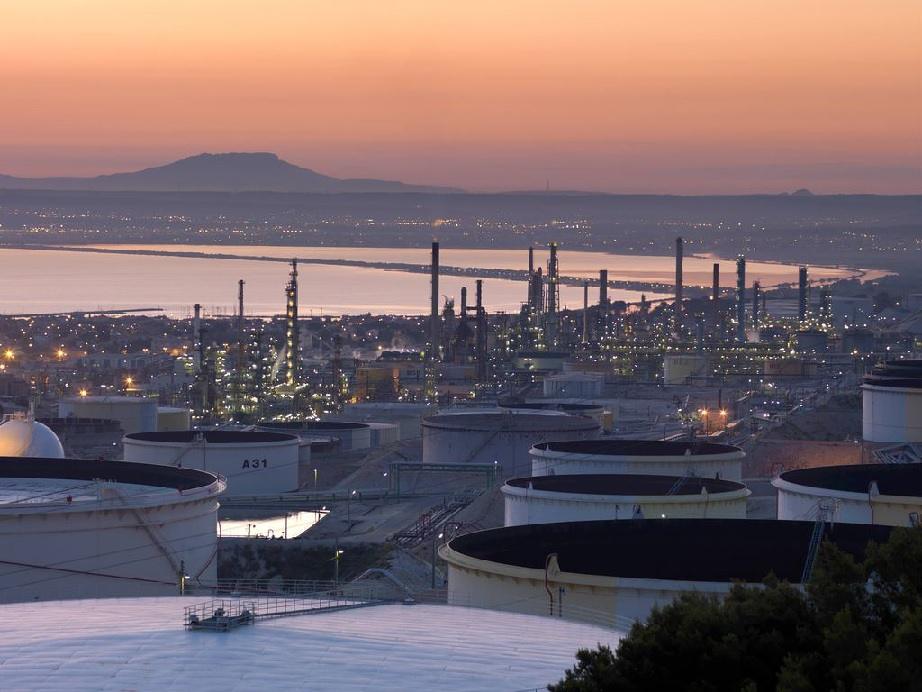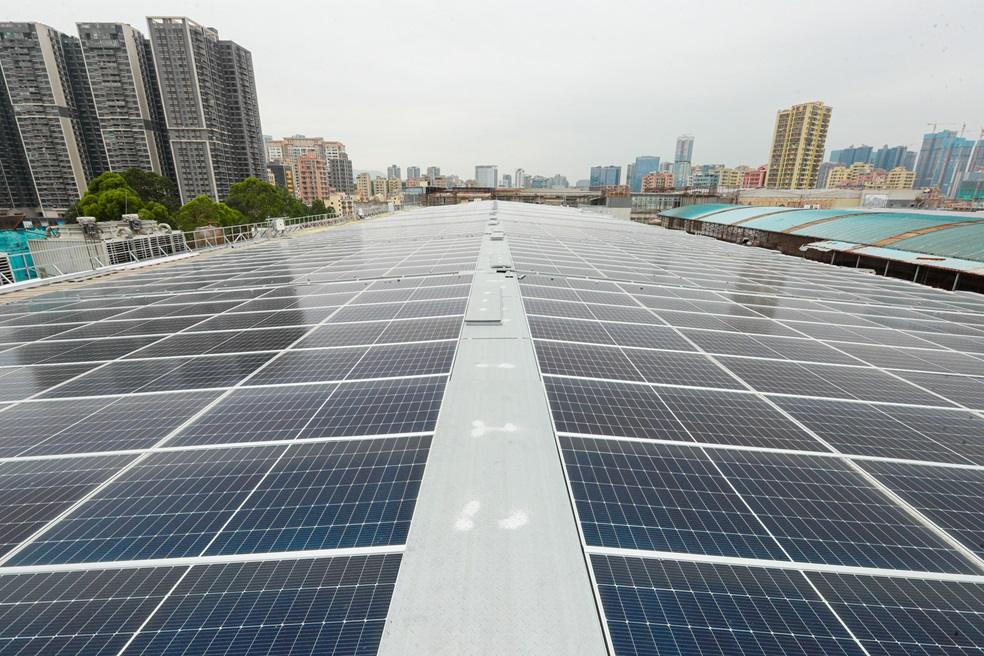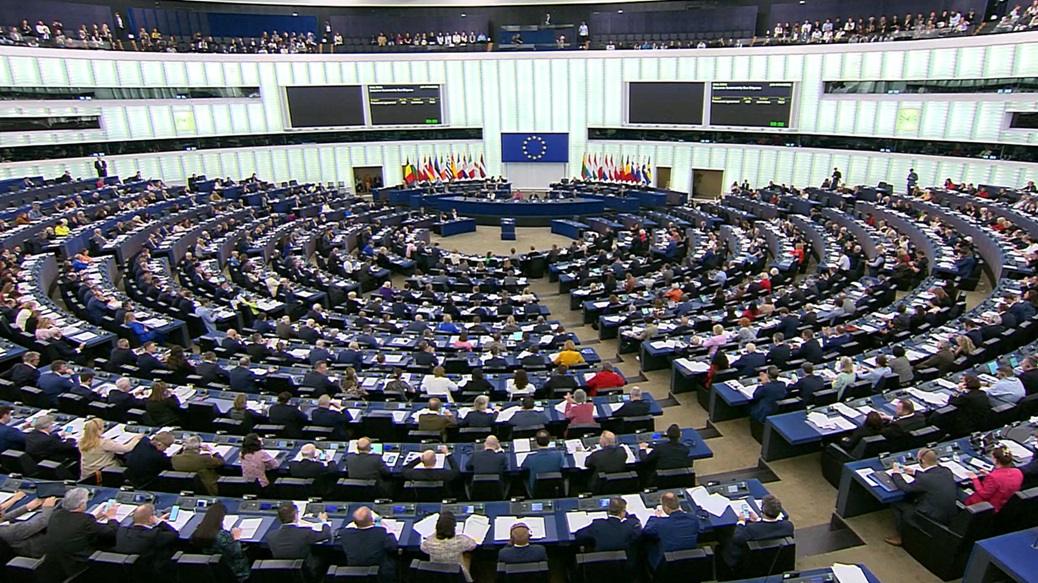Total the Latest Energy Major to Take Multi-Billion Writedown on Oil Assets, Exits CAPP
French energy giant Total announced $8 billion in asset impairments, primarily on its Canadian oil sands assets, citing a combination of factors including the decline in oil prices in 2020, technological developments that will cause lower long-term demand for the fossil fuel, and the classification of certain long-term reserves which may not be developed as “stranded.”
Total is the latest energy major to make such an announcement, following Shell’s $15-$20 billion writedown earlier this month, and bp’s $13-$17.5 billion impairment announced in June. Investors have raised concerns in recent months that fossil fuel companies’ asset valuations may no longer reflect changing long-term demand trends, in light of the Paris Agreement and the transition to cleaner sources of energy.
Total’s new Brent price assumptions are as follows: 35$/b in 2020, 40$/b in 2021, 50$/b in 2022, 60$/b in 2023. This assumption reflects the company’s opinion that investments in the sector have been insufficient to satisfy medium-term demand. Longer term, Total maintains its price scenario with a 2050 Brent price of 50$/b, in line with the “well below 2°C” scenario of the IEA.
In May of this year, Total announced its new “Climate Ambition,” announcing the company would target a transition to carbon neutrality. In light of this announcement, the company has reclassified certain assets as “stranded,” including those with reserves beyond 20 years and high production costs, whose overall reserves may therefore not be produced by 2050. The company’s projects that fit this category are the Canadian oil sands projects Fort Hills and Surmont.
The revision in short-term price assumptions led to an impairment charge of $2.6 billion, while the longer term factors caused a further $5.5 billion charge. Of the total $8.1 billion impairments, $7 billion relate to the Canadian oil sands assets.
Total also announced today that it will withdraw from the Canadian Association of Petroleum Producers (CAPP), as the company says its positions are no longer aligned with CAPP’s public stance, in light of Total’s new Climate Ambition strategy.





